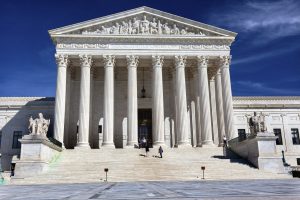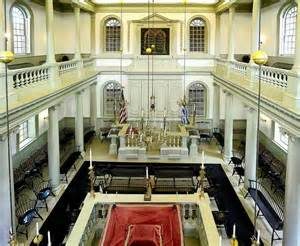 If you are like this author , someone close to you may be about to turn eighteen years of age. This post will discuss the legal ramifications of turning eighteen. Additional rights and privileges as well as legal responsibilities occur once a “child” becomes eighteen. Such a person can now vote, run for office, legally support oneself, and be employed full-time. An eighteen year old male will be penalized if he does not register for the military draft. All eighteen year olds are treated as adults if they commit a crime. Since we practice particular areas of law, this author will address the implications of turning eighteen as they apply to those areas of law. Also, rights and obligations vary by state, so this post will only address these matters as they relate to New York.
If you are like this author , someone close to you may be about to turn eighteen years of age. This post will discuss the legal ramifications of turning eighteen. Additional rights and privileges as well as legal responsibilities occur once a “child” becomes eighteen. Such a person can now vote, run for office, legally support oneself, and be employed full-time. An eighteen year old male will be penalized if he does not register for the military draft. All eighteen year olds are treated as adults if they commit a crime. Since we practice particular areas of law, this author will address the implications of turning eighteen as they apply to those areas of law. Also, rights and obligations vary by state, so this post will only address these matters as they relate to New York.
Eighteen year olds have the right to enter a contract and to apply for credit. Therefore, our soon-to-be eighteen year old can apply for a mortgage and sign a contract to buy a house. Contracts involving real estate, whether for sale or for a lease of more than one year must be in writing.
Once a person is eighteen, he can make a Will and other estate documents. While we do not want to consider that someone so young may pass away, without a Will, his assets will be distributed according to New York’s intestacy law. Also, an eighteen year old can inherit from someone who named him in a Will or in an Administration proceeding if he is of the proper degree of relation according to the New York statute. Since many eighteen year olds may not be sophisticated enough to inherit substantial assets, those drafting Wills may decide to leave such assets to the child in trust until such age as they anticipate that the child will be mature enough to manage the assets.
 New York Real Estate Lawyers Blog
New York Real Estate Lawyers Blog









